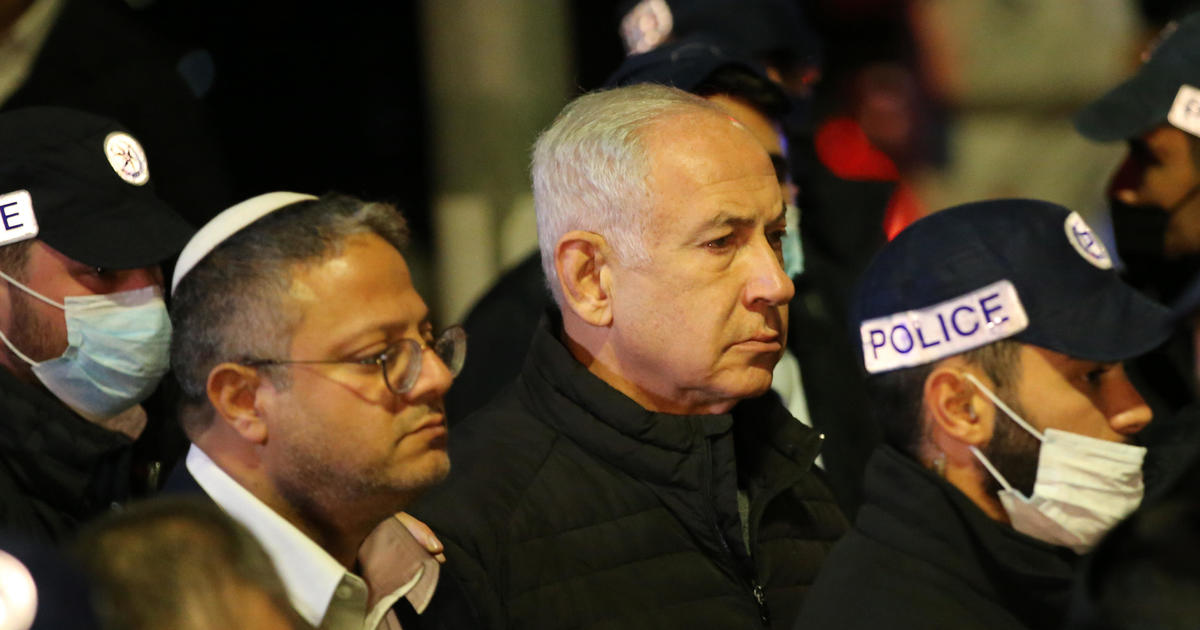Book excerpt: "Caste: The Origins of Our Discontents"
In "Caste: The Origins of Our Discontents" (Random House), Pulitzer Prize-winning journalist Isabel Wilkerson digs beneath historic, systemic racism to examine social hierarchies that transcend classifications based on race, gender or class, within America's borders and beyond.
Wilkerson previously wrote the National Book Critics Circle Award-winner, "The Warmth of Other Suns: The Epic Story of America's Great Migration." "Caste" is an Oprah's Book Club pick.
Read an excerpt from "Caste":
An American Untouchable
In the winter of 1959, after leading the Montgomery bus boycott that arose from the arrest of Rosa Parks and before the trials and triumphs to come, Martin Luther King, Jr., and his wife, Coretta, landed in India, in the city then known as Bombay, to visit the land of Mohandas Gandhi, the father of nonviolent protest. They were covered in garlands upon arrival, and King told reporters, "To other countries, I may go as a tourist, but to India I come as a pilgrim."
He had long dreamed of going to India, and they stayed an entire month, at the invitation of Prime Minister Jawaharlal Nehru. King wanted to see for himself the place whose fight for freedom from British rule had inspired his fight for justice in America. He wanted to see the so-called Untouchables, the lowest caste in the ancient Indian caste system, whom he had read of and had sympathy for, but who had still been left behind after India gained its independence the decade before.
He discovered that people in India had been following the trials of his own oppressed people in America, knew of the bus boycott he had led. Wherever he went, the people on the streets of Bombay and Delhi crowded around him for an autograph.
One afternoon, King and his wife journeyed to the southern tip of the country, to the city of Trivandrum in the state of Kerala, and visited with high school students whose families had been Untouchables. The principal made the introduction.
"Young people," he said, "I would like to present to you a fellow untouchable from the United States of America."
King was floored. He had not expected that term to be applied to him. He was, in fact, put off by it at first. He had flown in from another continent, had dined with the prime minister. He did not see the connection, did not see what the Indian caste system had to do directly with him, did not immediately see why the lowest-caste people in India would view him, an American Negro and a distinguished visitor, as low-caste like themselves, see him as one of them. "For a moment," he wrote, "I was a bit shocked and peeved that I would be referred to as an untouchable."
Then he began to think about the reality of the lives of the people he was fighting for – 20 million people, consigned to the lowest rank in America for centuries, "still smothering in an airtight cage of poverty," quarantined in isolated ghettoes, exiled in their own country.
And he said to himself, "Yes, I am an untouchable, and every Negro in the United States of America is an untouchable."
In that moment, he realized that the Land of the Free had imposed a caste system not unlike the caste system of India and that he had lived under that system all of his life. It was what lay beneath the forces he was fighting in America.
From "Caste: The Origins of Our Discontents." Copyright © by Isabel Wilkerson 2020. Reprinted by permission of Random House, a division of Penguin Random House. All rights reserved.
For more info:
- "Caste: The Origins of Our Discontents" by Isabel Wilkerson (Random House), in Hardcover, eBook and Audio formats, available via Amazon
- isabelwilkerson.com






